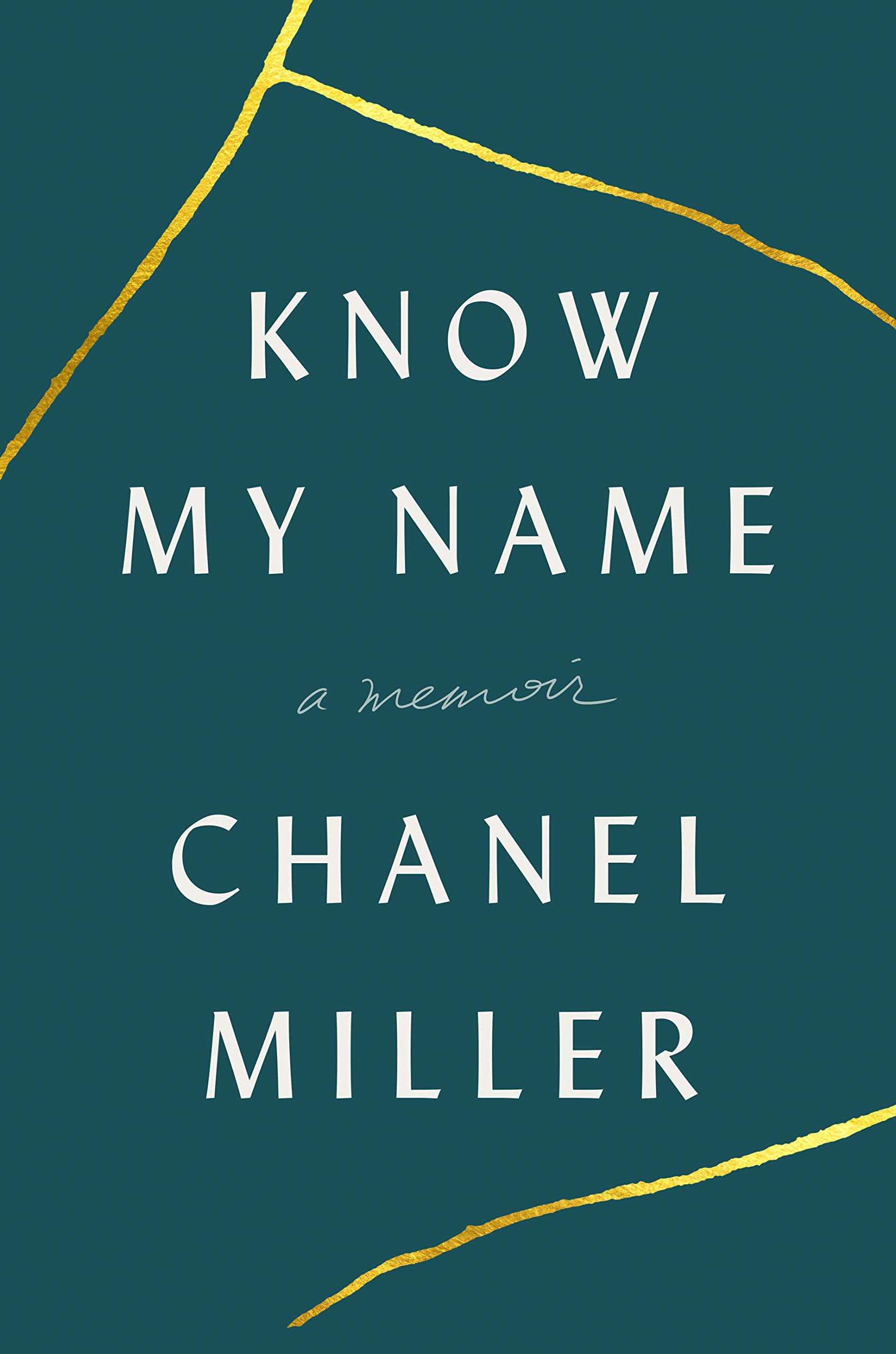Back when Chanel Miller was known to the world only as Emily Doe, she wrote a stunning victim statement for the sentencing hearing of her rapist. “You don’t know me,” began the soon-to-be-viral document, “but you’ve been inside me, and that’s why we’re here today.” As a book critic, I read the statement and thought, ‘Wow, this Emily Doe is a real writer.’ That was correct. Emily Doe is in fact Chanel Miller, and her memoir, Know My Name, made critics’ ten-best lists all over the country.
Miller was 22 the night she awoke to find herself in a hospital bed bruised, bloody, with pine needles in her hair. She had gone with her younger sister to a fraternity party at Stanford, and had too much to drink. Beyond that, she had no idea what had happened to her until she read the story in the newspaper ten days later. Two Swedish graduate students on bicycles had come upon her being molested on the ground beside a dumpster. They chased down her attacker and held her until the police arrived.
The story of the swimmer, his achievements and his Olympic hopes were all covered extensively by the media. Of the victim, we learned nothing. Her decision to share not only her name, but her story, recounted in granular and vivid detail, has offered us a rare understanding of what it means to have one’s life utterly changed by an act of violence. Well before she became a crime victim, Miller had dedicated herself to the art of storytelling; the power of her narrative structure and the lush and personable voice she achieves on the page are the result.
As Megan Garber wrote in The Atlantic, the book is “difficult to read in part because it is beautiful to read.” Her memoir was widely acclaimed as the debut of a talented and important young writer.
Miller’s detailed description of the crime and its aftermath, the years of her life between the rape and the sentencing lays bare the ironies, injustices and cruelties of the way our society and judicial system deal with sexual violence. In the words of critic Anna Silman, “In giving us the gift of knowing her, Miller has written a singular testament to the human cost of sexual violence, and a powerful reminder of why we fight.”
— Marion Winik


 Know My Name: A Memoir by Chanel Miller (Viking)
Know My Name: A Memoir by Chanel Miller (Viking) 